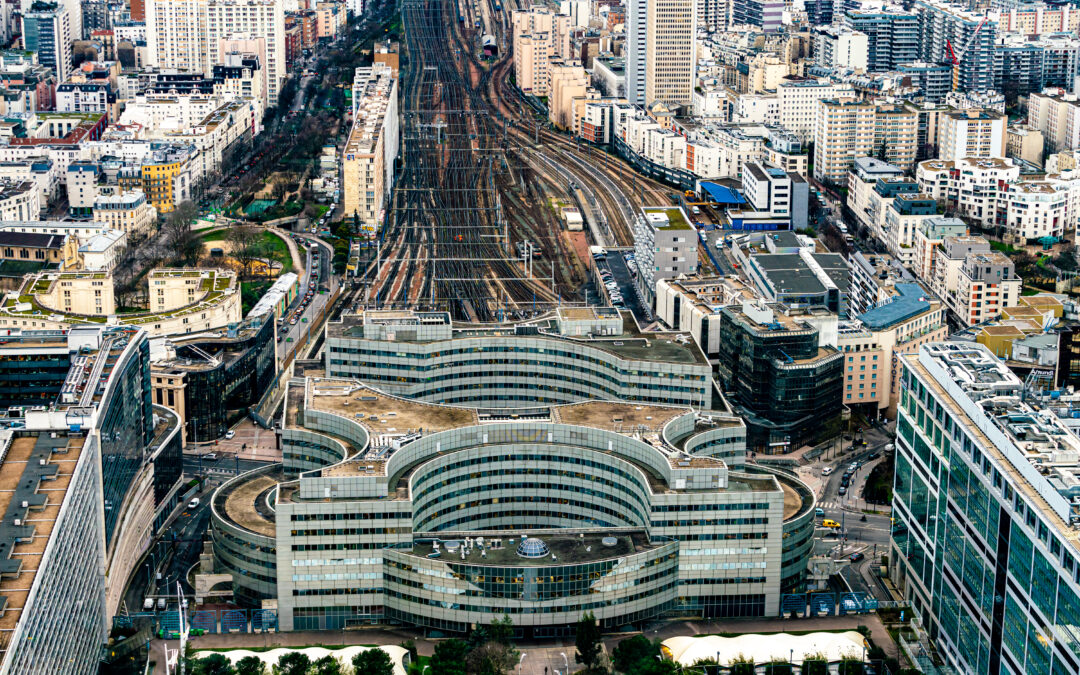
Traditional metropolitan areas around the world put a noticeable pressure on natural resources. As environmental conservation continues to rise in the ranks of global concerns, cities have begun to consider more sustainable practices, such as sustainable energy with renewable resources and green infrastructure. Here are some of the most important features of sustainable cities.
Green Infrastructure
Green infrastructure, a key component of sustainable cities, refers to public urban spaces such as parks, green roofs, urban forests and community gardens that have positive impacts in enhancing the quality of air, mitigating effects of the urban heat islands and encouraging the support of biological diversity. The qualitative attributes of green zones include beautification and recreational aspects, but they are also vital for sustaining the biophysical environment. For example, urban forests can create living space for any number of species and green roofs are effective in controlling stormwater and therefore alleviating the threat of floods.
Efficient Public Transportation
Efficient and accessible public transit systems for inhabitants of sustainable cities is a must. A well-run public transit system helps minimize the consumption of automobiles, thus decreasing pollution and car traffic. Municipalities can accomplish this through inclusive investments in buses, trams, subways, bike-share, etc. Protected bike lanes and pedestrian passages ensure that the populace has a safer option than using automobiles to commute.
Solar Hot Water Systems
Solar and sustainable hot water systems are environmentally friendly and used in countries that receive high solar irradiation, such as Australia. These systems use solar panels to warm up water, which decreases energy usage and greenhouse gas emissions. Research from the Australian Renewable Energy Agency (ARENA) shows that solar water heaters may decrease the carbon dioxide emissions of a household by up to 1.5 tonnes per year.
Smart Waste Management
Waste management is essential to the sustainability of any city. Smart waste management systems include enhanced recycling programs, composting and waste-to-energy solutions. Promoting the 3 Rs (Reduce, Reuse and Recycle) discourages waste. Also, cities can use technology to identify suitable waste collection points and organize fleets to bring down emissions.
Water Conservation Measures
Another crucial aspect of sustainable cities is the availability and use of potable water. The initiation of water conservation helps educate urban residents on efficient water usage and promotes understanding of the benefits of using efficient methods to use water further prop advances in sustainable living. Special offers for products that contribute to water conservation, such as rebates on the purchase of water-efficient appliances and fixtures, can motivate homeowners to take action.
Energy-Efficient Buildings
One of the most crucial approaches to cutting energy consumption is constructing energy-efficient structures. Energy-efficient buildings incorporate advanced technologies, appropriate insulation, windows and renewable energy resources like photovoltaic solar panels to reduce energy consumption.
Community Engagement and Education
Awareness of sustainable practices in communities can encourage proper management of natural resources among residents. Cities can ensure that they conduct community events and awareness creation through workshops and programs. Events like city gardening or block cleanups contribute significantly to a sense of responsibility for the future of our planet.

Sign up to get new posts from Healthy Travel Blog directly in your inbox!
By submitting this form, you are consenting to receive marketing emails from: . You can revoke your consent to receive emails at any time by using the SafeUnsubscribe® link, found at the bottom of every email. Emails are serviced by Constant Contact

